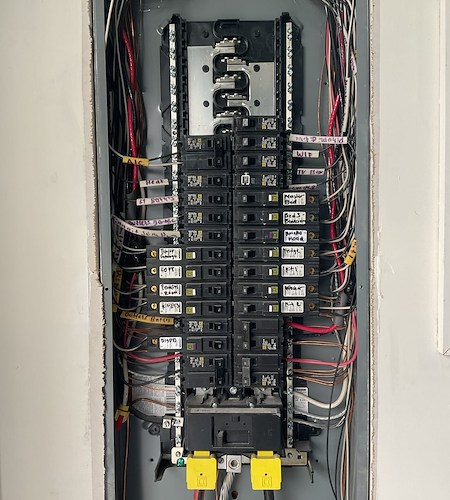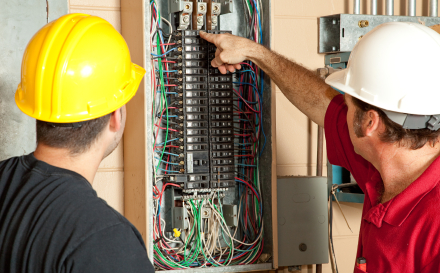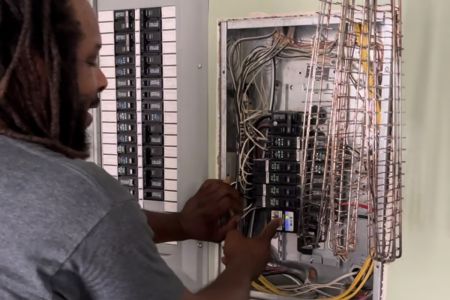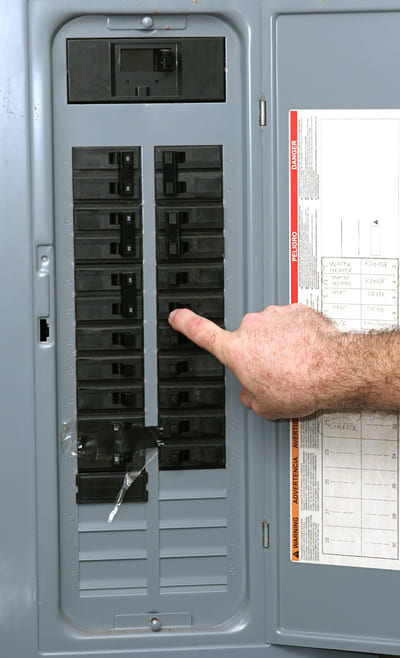Can My Old Electrical Panel Handle Today’s Power-Hungry Home?
Your home in Ocean View runs on more electricity than it did a decade ago. If you’re wondering whether your current setup is safe, reliable, and future ready, an electrical panel upgrade in Ocean View may be the smartest way to protect your home and keep […]










